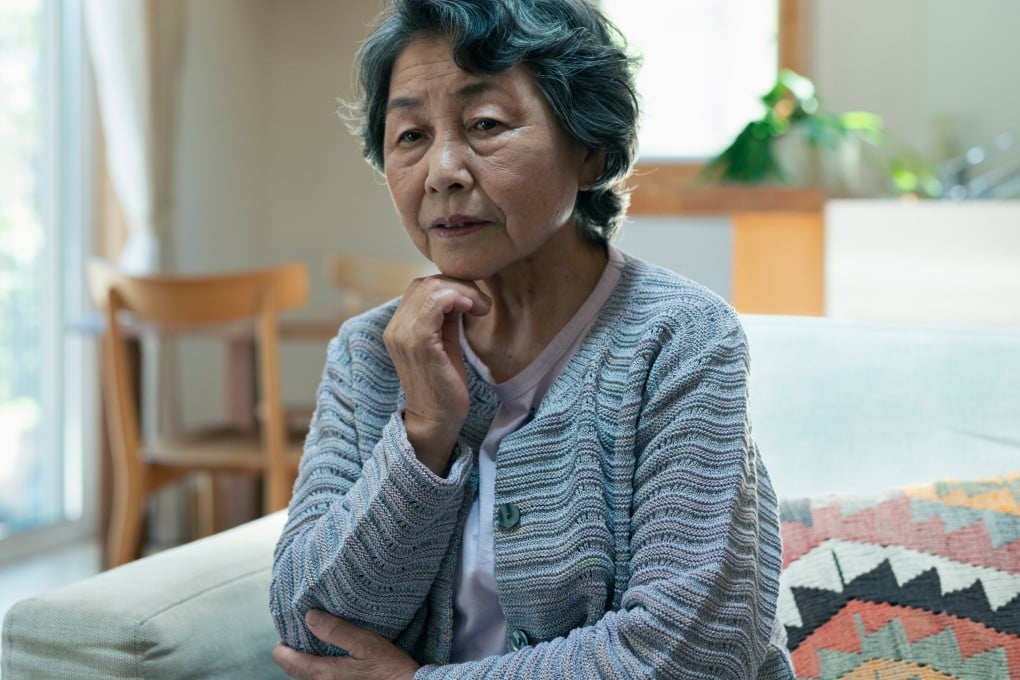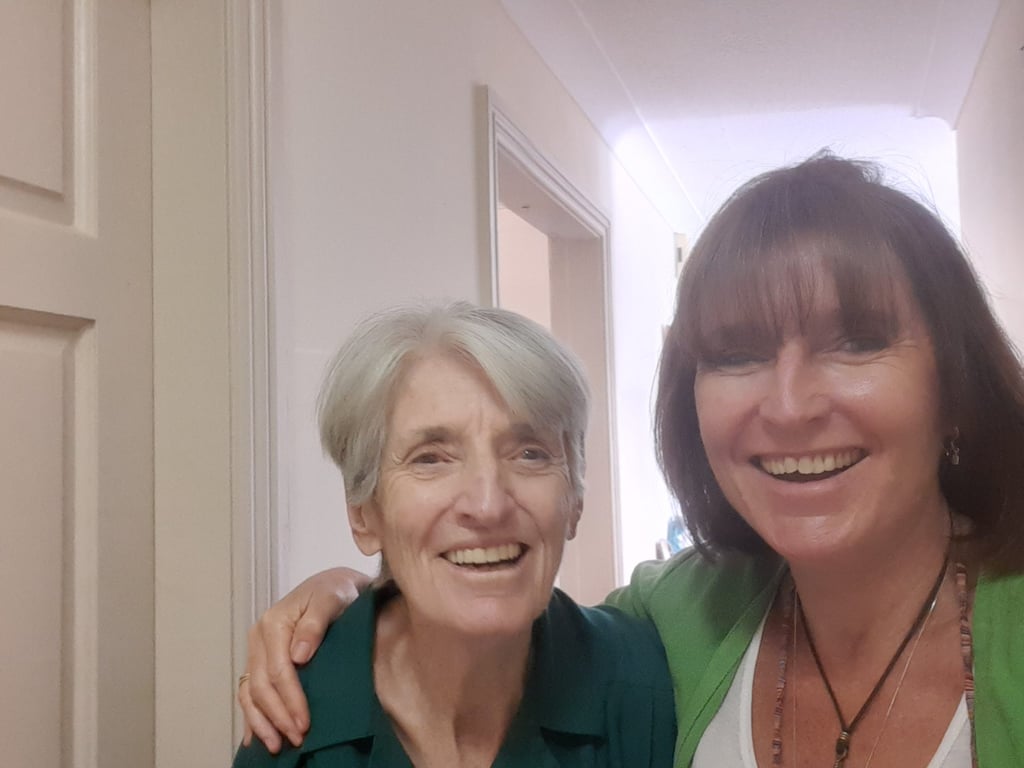Does caring for someone with dementia stress you out? 10 top tips for how best to cope
An expert on dementia suggests knowing in advance what to expect in a patient may be helpful, although for some it is ‘too much information’

At the start of World Alzheimer’s Month, and ahead of World Dementia Carers’ Day on September 8, Anthea Rowan speaks to an expert about how best to cope with the challenges and stress of caring for someone with dementia.
When my mother first came to live with me, there was little to do in the way of “care”, other than making sure she was clean, comfortable, well fed, safe.
I kept an eye on her in the shower; I organised her laundry; I nudged her as sensitively as I could in the direction of a new packet of diapers to minimise accidents of incontinence, as they were so distressing for her.

I knew ultimately I would need to provide more care but I was not sure what shape that would take – or how bad Mum’s dementia would get, or how quickly.
